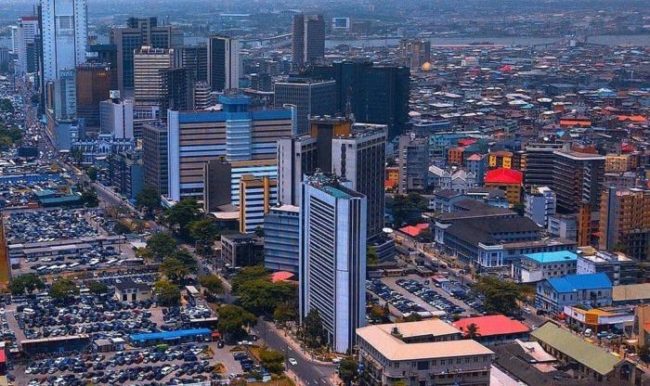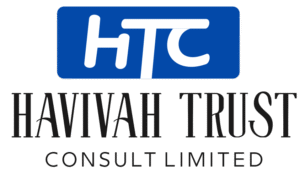
Every boardroom in Nigeria sits on a governance fault‑line. Without the right framework, even the most promising enterprise can crumble—not from external shock, but from internal governance failure. The question isn’t just what you do, but how you do it.
The Governance Gap: Why It Matters Now
The Financial Reporting Council (FRC) of Nigeria released the Nigerian Code of Corporate Governance (NCCG) on January 15, 2019, to institutionalize best practices in corporate accountability, transparency, and performance. Good corporate governance is the cornerstone of sustainable enterprise—it increases value, builds reputation, and ensures long-term prosperity. Yet, despite multiple reforms, Nigeria still grapples with deep-rooted governance challenges that affect organizational stability and investor confidence.
Corporate governance ensures that companies are managed responsibly through transparency, accountability, and effective decision-making. According to the OECD Principles of Corporate Governance (OECD), it involves the structures by which corporate objectives are set, achieved, and monitored.
In Nigeria, corporate governance plays a pivotal role in sustaining investor confidence and attracting foreign investment. The Companies and Allied Matters Act (CAMA) 2020 and the Code of Corporate Governance for Public Companies by the Securities and Exchange Commission (SEC) form the country’s main regulatory framework. However, aligning with global standards—such as those of the OECD and the United Nations Global Compact—remains a complex task due to cultural, legal, and institutional differences.
A Brief History of Corporate Governance in Nigeria
Corporate governance in Nigeria traces its origins to the colonial era when the Companies Ordinance of 1922 was enacted under British rule. Later reforms, including the Companies Act of 1968 and CAMA 1990, sought to indigenize business regulation but left gaps in enforcement and compliance.
The turning point came in 2003 with the Atedo Peterside Committee, which developed Nigeria’s first corporate governance code under the SEC. Although voluntary, it paved the way for more structured reforms. Subsequent industry-specific codes from the Central Bank of Nigeria (CBN), National Insurance Commission (NAICOM), and Pension Commission (PENCOM) eventually led to the unified Nigerian Code of Corporate Governance (NCCG 2018) by the FRC.
Understanding the Nigerian and International Standards
Local corporate governance standards are molded by Nigeria’s laws, economy, and culture. The U.S. Sarbanes-Oxley Act and OECD principles, on the other hand, reflect more universal expectations for corporate accountability.
While both systems promote transparency, ethical leadership, and shareholder rights, local codes tend to be more prescriptive, whereas international standards offer flexibility. For Nigerian firms, the best approach combines both—adapting global frameworks to local realities. This balance promotes sustainable growth and strengthens trust among stakeholders.
Key Challenges Holding Back Corporate Governance in Nigeria
1. Corruption: Corruption remains one of the biggest threats to effective governance. Despite anti-corruption campaigns, Nigeria ranks poorly on Transparency International’s Corruption Perceptions Index (CPI). Bribery and favoritism distort corporate decision-making, while “fat cat” executives enrich themselves at shareholders’ expense.
2. Ownership Structure: Post-independence policies, such as the Nigerian Enterprises Promotion Acts of 1972 and 1977, limited foreign ownership to encourage local participation. However, this inadvertently created closed ownership structures where majority shareholders dominate decision-making, often sidelining minority investors. Many minority shareholders lack the financial literacy needed to interpret reports or question board decisions. This weakens accountability and allows poor management practices to persist.
3. Weak Judicial System: Nigeria’s judiciary is slow, expensive, and sometimes compromised. Corporate cases can drag on for over a decade, discouraging legal redress and eroding confidence in corporate accountability.
4. Poverty and Economic Instability: Poverty discourages whistleblowing and stakeholder engagement. Citizens preoccupied with survival are unlikely to challenge unethical practices. Furthermore, widespread unemployment reduces the pool of independent professionals available for board service.
Check the next post for the concluding part.
